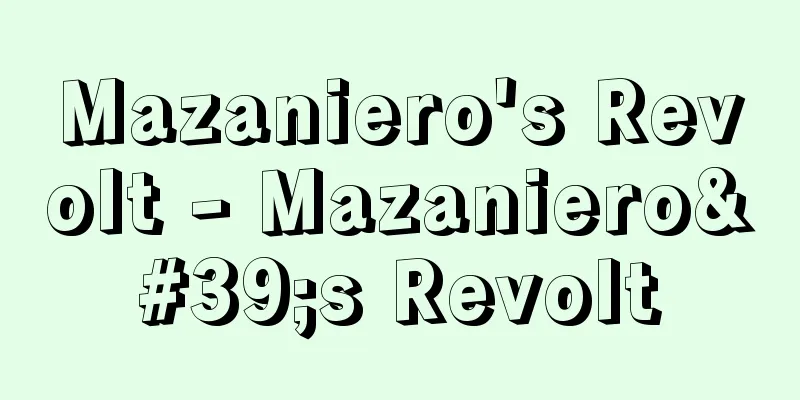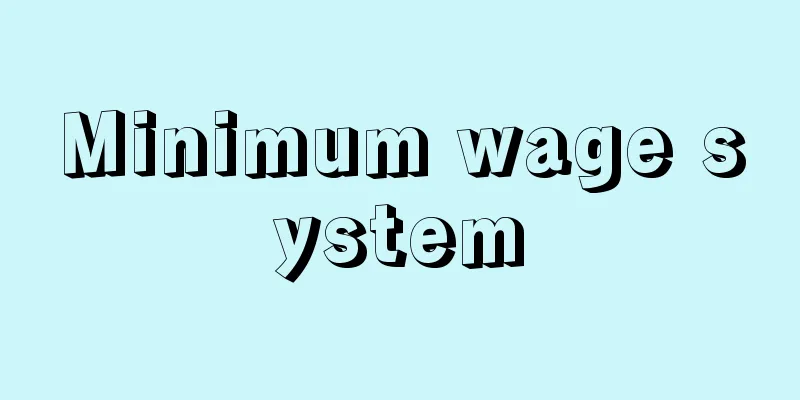Charisma - karisuma (English spelling)

|
Originally a Christian Greek term meaning a divine gift, it refers to supernatural, superhuman, and extraordinary powers given by God to perform miracles, magic, prophecy, and so on. People with such abilities and qualities are charismatic leaders, and examples of such leaders include Napoleon, Hitler, Stalin, and Mao Zedong. M. Weber used this concept to categorize the legitimacy of rule, and it has come to be used widely among the general public as well as academically in social science. Weber formulated three types of rule: rational rule, traditional rule, and charismatic rule. Charismatic rule is rule based on personal devotion (recognition) to a leader with charismatic qualities. True charisma is a source of authority and demands recognition and obedience from people as an obligation. This obedience and recognition are strengthened by the miracles performed by the leader. In this way, the followers are connected to the leader as a whole person, and a relationship of trust and devotion is established. This relationship of control does not depend on bureaucratic procedures, traditional customs, or financial backing, but is based only on the leader's inner confidence in his or her own charisma. Therefore, it is an unstable relationship both structurally and financially, and if the evidence of charisma that is the source of followers' devotion does not appear for a while, the charismatic authority will be lost and the leader will suffer a miserable life. However, as long as charisma is effective, it does not require roundabout procedures, so it can be said to be a pattern of control that is suitable for crisis situations or revolutionary situations. By the way, charisma can become part of everyday life within a lineage or position, resulting in "official charisma" where the position itself is charismatic, or "hereditary charisma" where charisma is passed down from generation to generation. Charisma can also become entrenched in an organization or system. In today's political society, it is common to see pseudo-charisma created by manipulating information through the mass media in order to justify rule. [Hiroaki Otani] Source: Shogakukan Encyclopedia Nipponica About Encyclopedia Nipponica Information | Legend |
|
元来はキリスト教用語のギリシア語で神の賜物(たまもの)を意味し、神から与えられた、奇跡、呪術(じゅじゅつ)、預言などを行う超自然的・超人間的・非日常的な力のことである。こうした能力や資質をもった人がカリスマ的指導者であり、ナポレオン、ヒトラー、スターリン、毛沢東(もうたくとう)などがあげられる。M・ウェーバーが支配の正当性の類型化にこの概念を用いたために、社会科学における学術用語としてはもちろん、広く一般にも用いられるようになった。ウェーバーは、合理的支配、伝統的支配、カリスマ的支配からなる支配の三類型を定式化した。カリスマ的支配とは、カリスマ的資質をもった指導者に対する個人的帰依(きえ)(承認)に基づく支配である。真のカリスマは権威の源泉となり、承認と服従を人々に対して義務として要求する。この服従と承認は、指導者の行う奇跡によって強められる。こうして、服従者は指導者と全人格的に結ばれ、信頼と献身の関係が成立する。この支配関係は官僚的手続や伝統的慣習または財政的裏づけに依拠せず、指導者固有のカリスマに対する内面的な確信にのみ基づいている。したがって、構造的にも財政的にも不安定な関係であり、服従者の帰依の源泉であるカリスマの証(あかし)がしばらく現れない場合、カリスマ的権威は失墜し、指導者は悲惨な道をたどることになる。しかし、カリスマが有効に作用する限り、遠回しの手続を必要としないので、危機的状況や革命的状況に適した支配パターンといえる。 ところで、カリスマが血統や地位のなかに日常化されて、地位そのものにカリスマが生じる「官職カリスマ」とか、カリスマが代々受け継がれていく「世襲カリスマ」となる場合がある。また、カリスマが組織や制度に定着することもある。今日の政治社会では、マス・メディアを通じた情報操作によって擬似カリスマをつくり、支配の正当化を図ることがよくみられる。 [大谷博愛] 出典 小学館 日本大百科全書(ニッポニカ)日本大百科全書(ニッポニカ)について 情報 | 凡例 |
<<: Potash soap (English spelling)
>>: Kallisto (English spelling)
Recommend
host
…One of the mutually harmful effects of the relat...
Reed pipe
...The koto is placed on a low, four-legged stand...
Biscoe, J.
…The land mass that juts out to the north between...
Private school - Shigakko
A school for samurai established in Kagoshima in ...
Lake Okutama - Okutama
This is an artificial lake located upstream of th...
Amundsen, Roald
Born July 16, 1872 in Borge, near Oslo [Died] June...
Barium Sulfide - Leucabarium
BaS (169.39). It is obtained by passing an equimo...
Theater Museum
An institution that collects, organizes, and stor...
World Calendar - Sekaireki
A kind of solar calendar proposed by American bus...
Her Majesty's Government
… [Outline of national politics] (1) The King and...
Nakabayashi Chikuto
A Southern painter from the late Edo period. Born...
Share-cropping (English)
…Therefore, this tenant system is often seen in t...
Eigenshipa - Eigenshipa
…Shogun Yoshimitsu made Eigen-ji a place of praye...
blanket bog
...In the ponds that form in high moors, floating...
Nectonemertes mirabilis (English spelling)
…There are five pairs of cecal pouches on the lef...









